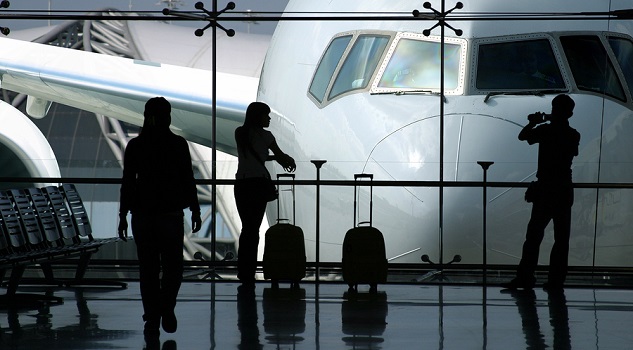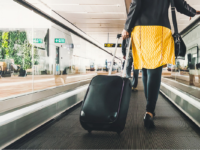New research from Corporate Traveller Australia reveals that 58 per cent of Australian small-to-medium businesses will prioritise carbon emissions and waste reduction in their travel policies over the next year.
The report also shows that larger SMEs are more likely to act on decarbonisation and waste reduction in their travel, with 37 per cent of medium-sized businesses (51-200 employees) compared with 29 per cent of micro businesses.
With regards to the sustainability offerings that are likely to be available to SMEs when travelling, 74 per cent said they would choose at least one of these offerings:
- More direct flights (38 per cent).
- Electric vehicle (EV) car hire options (30 per cent) Airlines with a program to reduce carbon emissions (29 per cent).
- Accommodation close to meetings to make use of public transport/walking (27 per cent).
- Airlines that offer carbon offsetting options (25 per cent) Hotels with sustainability practices – such as no single use plastics (24 per cent).
- Hotels with a food waste reduction program (18 per cent) Hotels that use renewable energy, such as solar power (17 per cent).
- Travel destinations with a sustainable public transport system (16 per cent).
- Travel destinations with Government policies and programs that commit to reducing emissions and waste (14 per cent).
“It’s encouraging to see that more than half of the SME sector will commit to reducing carbon emissions and waste in their travel programs, and three in four will make use of low-carbon, low-waste options,” Corporate Traveller Global Managing Director Tom Walley said.
“To increase adoption in the corporate travel market, it’s the travel industry’s responsibility to establish more ambitious goals, to continue investing in new technologies and products, and to partner with sustainable services to help travellers reduce their footprint,” Walley added. “While Australia’s transport and aviation industries collectively account for 17 per cent of the country’s emissions, there are many progressive airlines, hotel groups and hire car companies already making a real impact.”
“It will be a global effort, and watching the success of initiatives in other markets, and adopting them or investing in them locally, is a low-risk way forward,” Walley continued. “For instance, sustainable aviation fuels (SAFs), which are made from oil or alcohol waste, or green hydrogen, are slowly emerging as a significant, low-carbon-emitting fuel option for international airlines. In fact, Delta Airlines is committed to replacing 10 per cent of its fuel with SAFs by 2030. Air New Zealand recently announced the same target, while Etihad Airways has operated its first flight using a 40 per cent blend of SAFs last month.”















